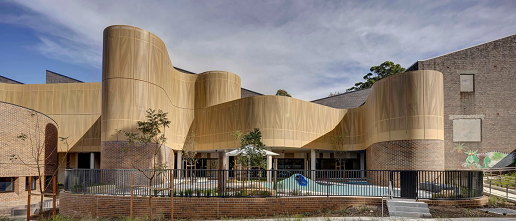Do you often feel tired and drowsy during the day, with a sense of brain fog and low efficiency? According to statistics, up to 30% of people experience symptoms of Excessive Daytime Sleepiness (EDS), often feeling fatigued or sleepy, but many people think this is simply due to poor or insufficient sleep.
https://news.immigration.gov.tw/NewsSection/Detail/B8B434A8-9EE7-495B-81D2-378CB09904EA?lang=TW
Figure 1 Fernandez-Mendoza, an assistant professor of psychiatry at the Sleep Research and Treatment Center at Penn State University College of Medicine, found that excessive daytime sleepiness may not be related to the duration of sleep and is more likely to occur in obese and overweight people. "Obese people may feel tired during the day regardless of how much they sleep at night." He speculates that excessive fatigue in obese people may be because their bodies are in a state of chronic inflammation. Fat cells from abdominal fat produce immune compounds called cytokines, which further promote feelings of fatigue.

Depression patients are prone to daytime sleepiness. Source: Provided by Pexels
Depression patients are prone to daytime sleepiness In addition to obese people, the study also found that the incidence of excessive daytime sleepiness is very high in patients with depression. For example, some people have physiological sleep disorders, making it take longer to fall asleep and often waking up in the middle of the night, leading to daytime sleepiness. Fernandez-Mendoza pointed out, "People with depression tend to ruminate and find it hard to stop thinking, making it more likely for their body’s stress hormones to rise." Moreover, some people with depression may feel tired during the day but still find it difficult to fall asleep, which is very painful. Researchers also found that a small number of people with excessive daytime sleepiness have physiological sleep disorders of the central nervous system.

Feeling tired is not necessarily due to lack of sleep. Source: Provided by Pxhere.
They fall asleep faster than normal, but this also leads to longer average sleep time at night and a greater likelihood of feeling drowsy. Feeling tired is not necessarily due to lack of sleep Figure 2 "People generally think that if you feel sleepy during the day, it's because you didn't get enough sleep." Fernandez-Mendoza said. In the past, treatments for daytime sleepiness often involved sleeping pills and other prescription sleep aids, but in the long run, this may not be the correct solution.
He believes that the main causes of sleepiness are obesity and depression. For some people with physiological disorders, individualized treatment can be initiated through careful observation to more effectively treat sleepiness. "Fatigue and drowsiness are common causes of low work efficiency and fatal car accidents." Fernandez-Mendoza pointed out that in addition to obesity and depression being related to daytime sleepiness, "Some people stop complaining about daytime drowsiness after they start losing weight."







